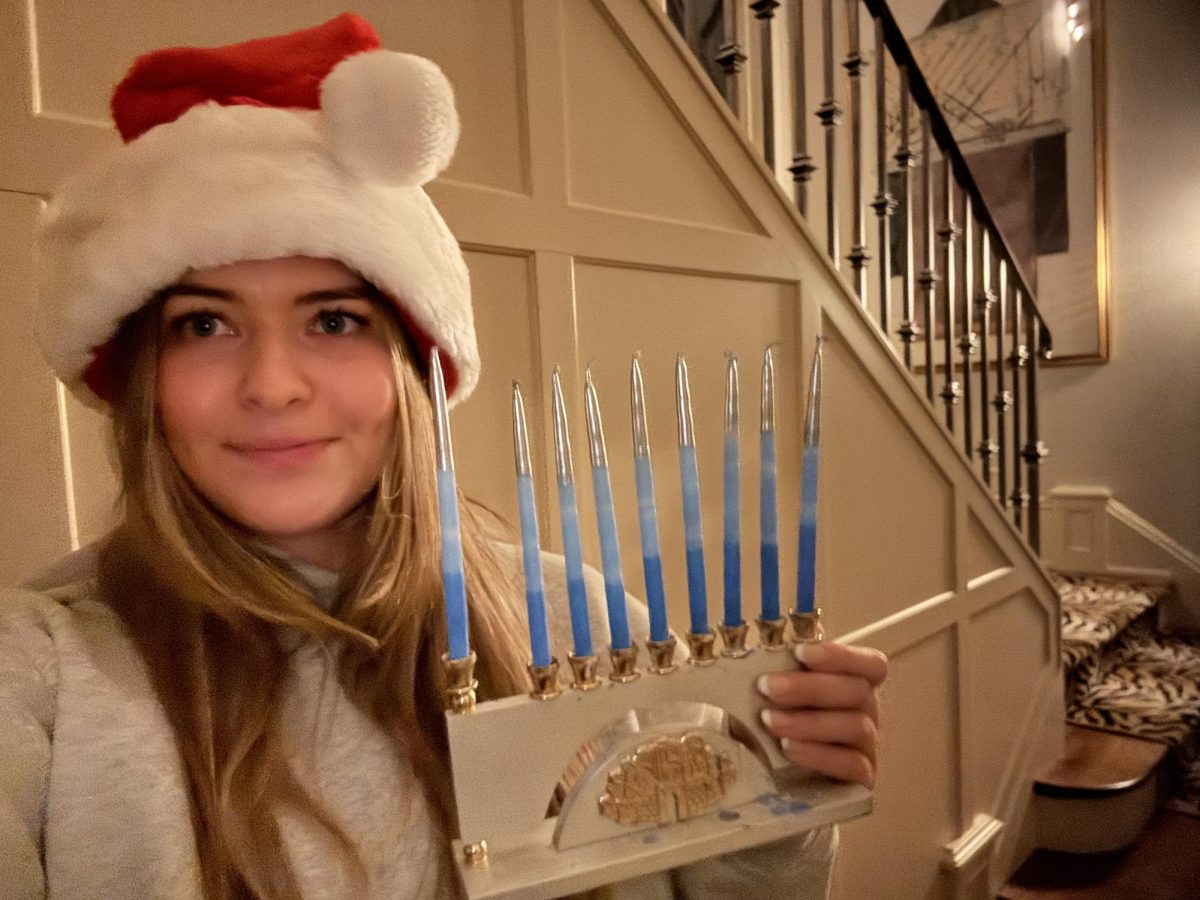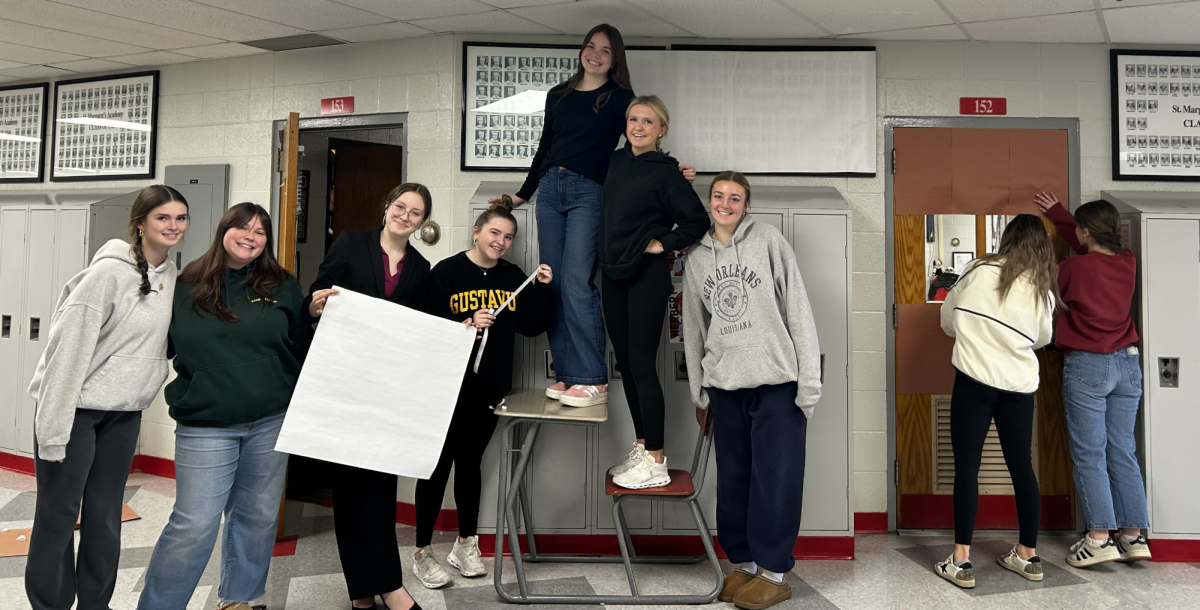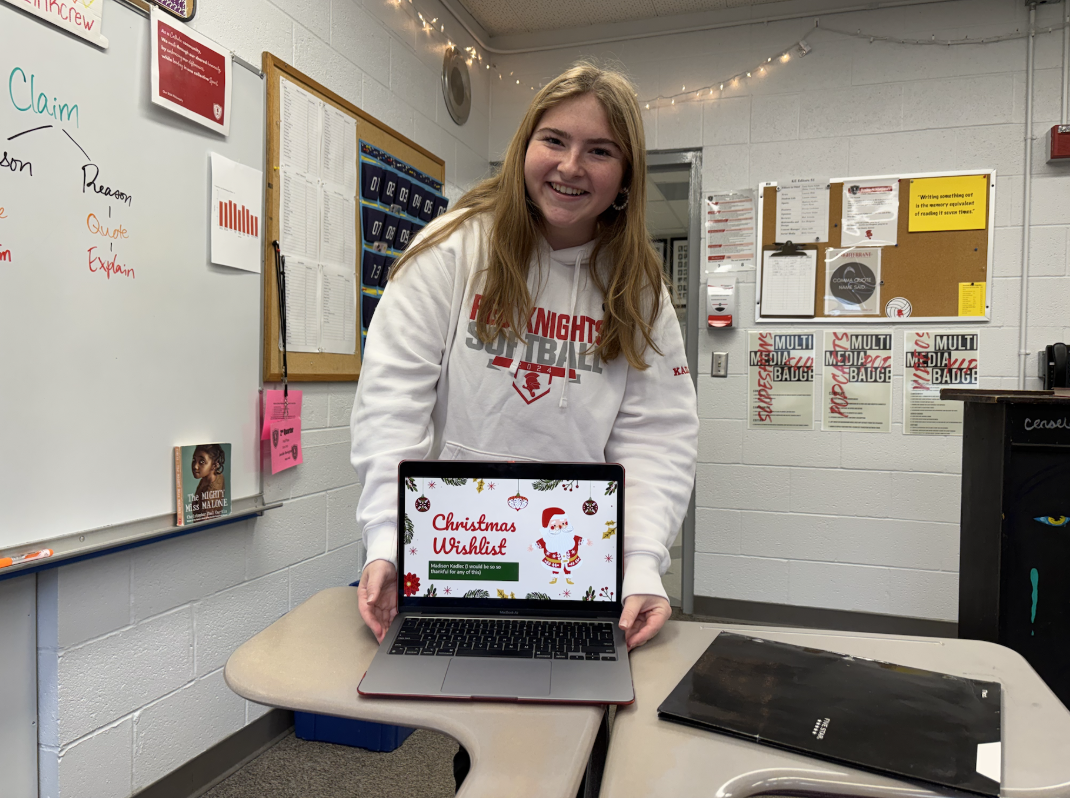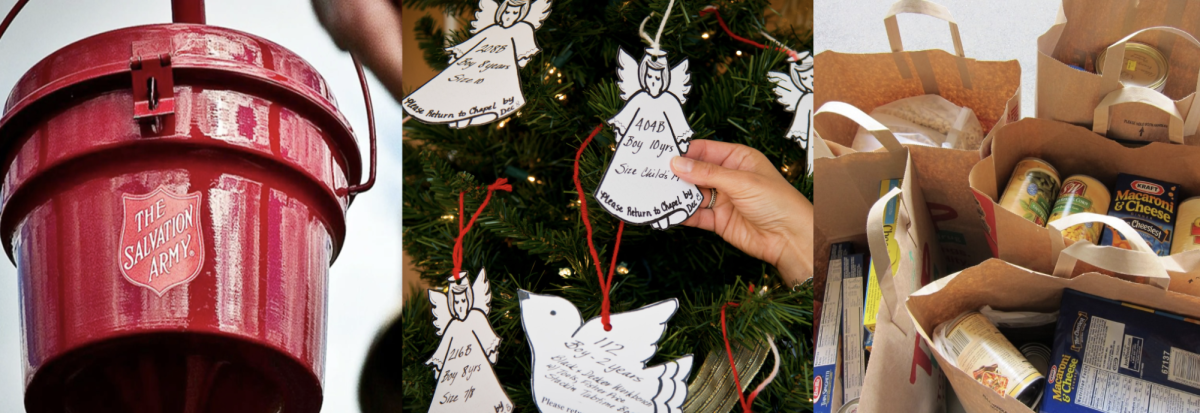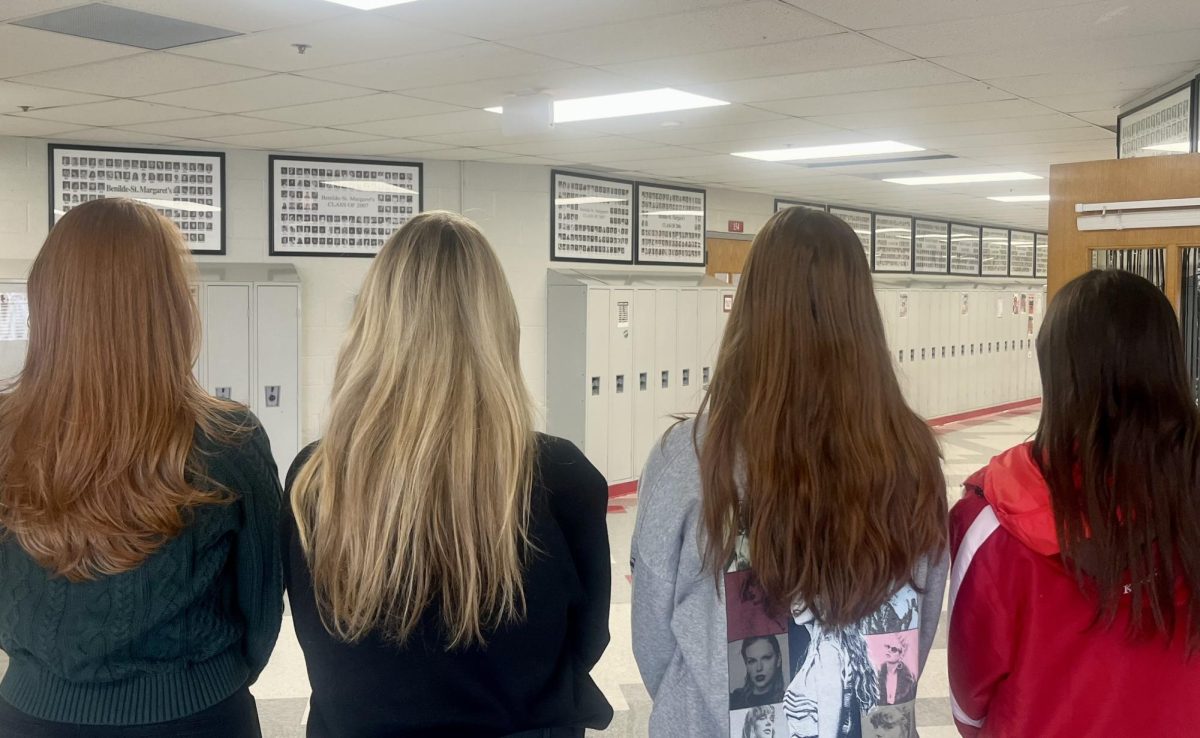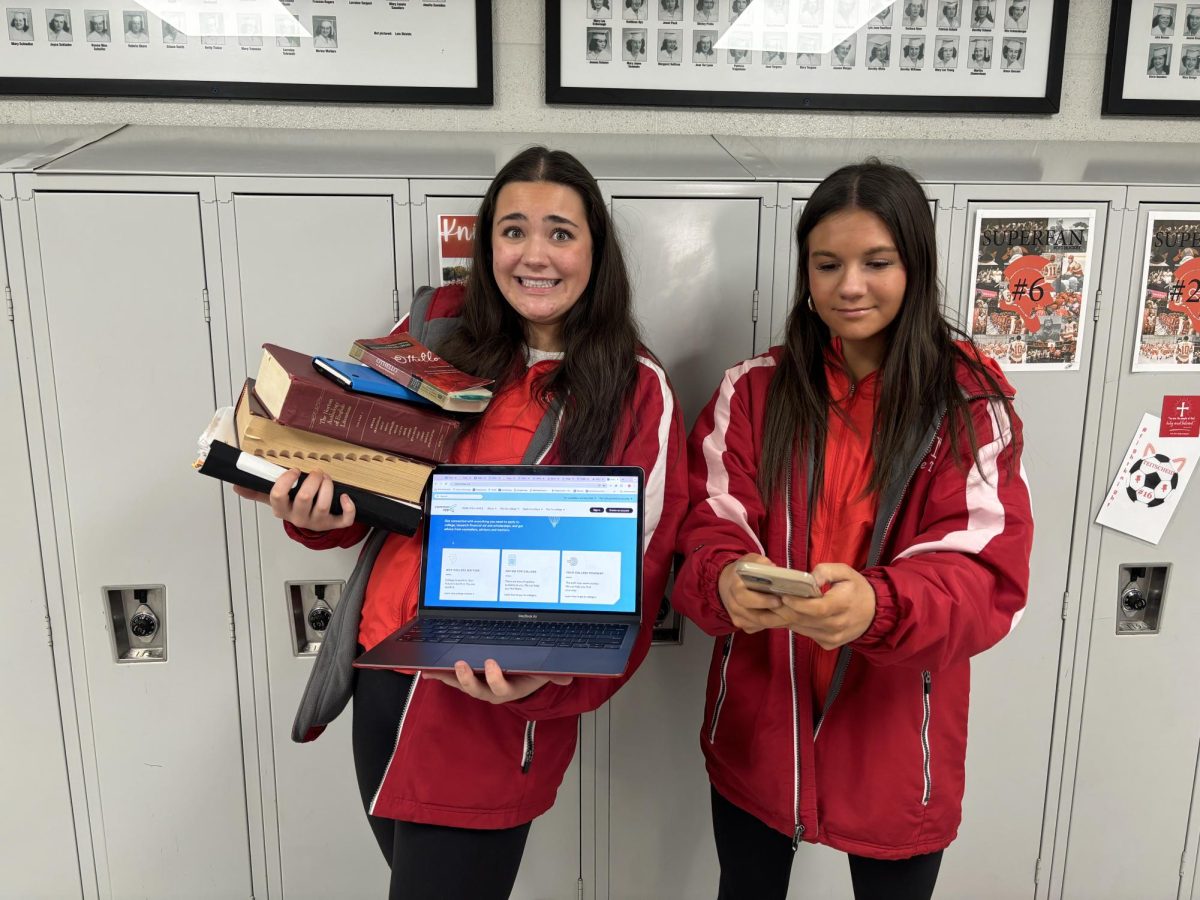Known as the “silent killer,” carbon monoxide takes over 500 U.S. lives each year. Seniors Thomas Lawrence and Joe Yunger were lucky to evade this statistic, falling victim to severe levels of carbon monoxide poisoning over Christmas break. “The doctor said he was surprised we lived with no effects,” said Thomas Lawrence, who had 53 parts per million (ppm) of carbon monoxide, far surpassing the necessary 20 ppm to fall into a comatose state.
Lawrence and Yunger had to be rushed to the hospital and entered into a hyperbaric chamber, where they stayed for three hours breathing oxygen in a pressurized room. Both boys experienced nausea and shivering as their temperatures had dropped to around 90 degrees. “We don’t really remember anything until we woke up in the hospital and they told me I had carbon monoxide poisoning,” said Lawrence.
Often mistaken as just flu symptoms, carbon monoxide poisoning causes nausea, confusion, headaches, dizziness, and fatigue. The toxic gas is impossible to smell, see, or taste and claims lives slowly, making the victim fall into a deep sleep from which they never recover.
The boys, who had been watching movies at the Yunger’s house, fell asleep like normal after Joe’s brothers had gone downstairs. “I remember waking up in the middle of the night with my stomach feeling weird, but I didn’t think anything of it so I went back to sleep,” said Lawrence. Meanwhile, Yunger had gotten up and gone to the bathroom, locking the door behind him and then collapsing, hitting his head on the bathtub and later needing six staples in his head from the blow of the door being knocked down.
At around 10 a.m., Mrs. Yunger ran upstairs to grab her checkbook before running errands and saw Lawrence asleep but didn’t question anything until she heard heavy breathing coming from inside the bathroom. Upon discovering it was Joe, she tried to shake Lawrence awake and realized that there was a serious problem. “It was a nightmare,” said Jodi Yunger, “I was pretty much in a panic and my husband was on autopilot, shutting off the boiler and opening all the doors and windows so we didn’t allow any more build-up.” They immediately called 911 and separate ambulances took Yunger, Lawrence, and the rest of the Yunger family, who had also been exposed to the carbon monoxide, to the hospital.
Mrs. Yunger also had to make the difficult call to Lawrence’s parents telling them what happened. “I got a call in the morning from Joe’s mother and she said, ‘I am so sorry, but your son and Joe were just sent to the hospital with carbon monoxide poisoning and they were still breathing,’” said Mr. Anthony Lawrence, “I told her it wasn’t her fault.” He then drove to the hospital in slow, snow-induced traffic and “I just had those thoughts of: ‘it’s us.’ You look in the paper and you see people dying, kids dying, and he could be dead right now or have extreme brain damage.” Mr. Lawrence informed his wife, who left work to come and be with her son, and five minutes away from the hospital Mr. Lawrence received a relieving call. “We were having extreme anxiety because we didn’t know what to expect and then a paramedic called and said [the boys] were going into a hyperbolic chamber and it looked like they would be alright.”
The boys were required to stay in the hospital overnight, but after that were free to go home with no restrictions. “I was amazed,” said Mrs. Yunger, “They could have died one day and then life is back to normal…they basically said they could have gone snowboarding.”
After a two-hour investigation, the causes of the carbon monoxide leak are still not known for sure, although the situation was most likely caused by one of the chimney flews being left open, which may not have let the house vent like normal. “It was a fluke–it shouldn’t have happened,” said Mrs. Yunger.
Most carbon monoxide leaks come from chimneys or furnaces, gas stoves, generators, and other gasoline-powered equipment. “You should have one carbon monoxide detector ten feet from every bed in the house and one on each floor,” said Mr. Lawrence. It is also important to have a plan in place in case an emergency like this happens. “It’s Minnesota all cooped up in the winter–it happens,” said Mrs. Yunger, “My husband knowing to open the windows and doors really saved us. Knowing what to do in that kind of emergency is really a safety precaution that helps with your peace of mind.”
Not surprisingly, both families have experienced a change in perspective after the incident. “One more time this shows that you have to be thankful for every day you have together,” said Mr. Lawrence, “we take it for granted–that’s why you should kiss each other goodbye in the morning, hug each other, because you might never see them again.” For Thomas, like the rest of his family, his survival has caused him to cherish each day more fully. “It makes [me] think about God a lot,” said Lawrence, “Like there was a reason why He saved us–there must have been a reason.” Yunger’s family, too, is overwhelmed with thoughts “that one day a person can be here and the next they’re not. My mom wants to hug me every three seconds,” said Yunger.







